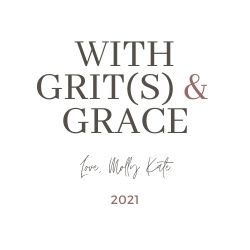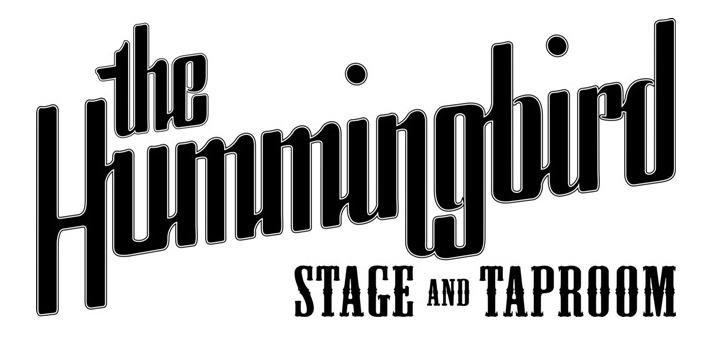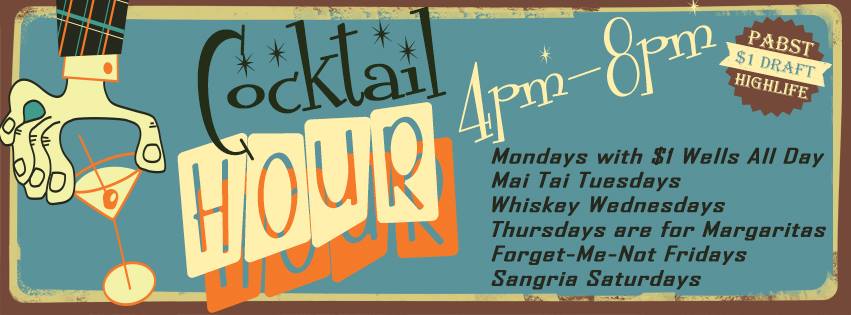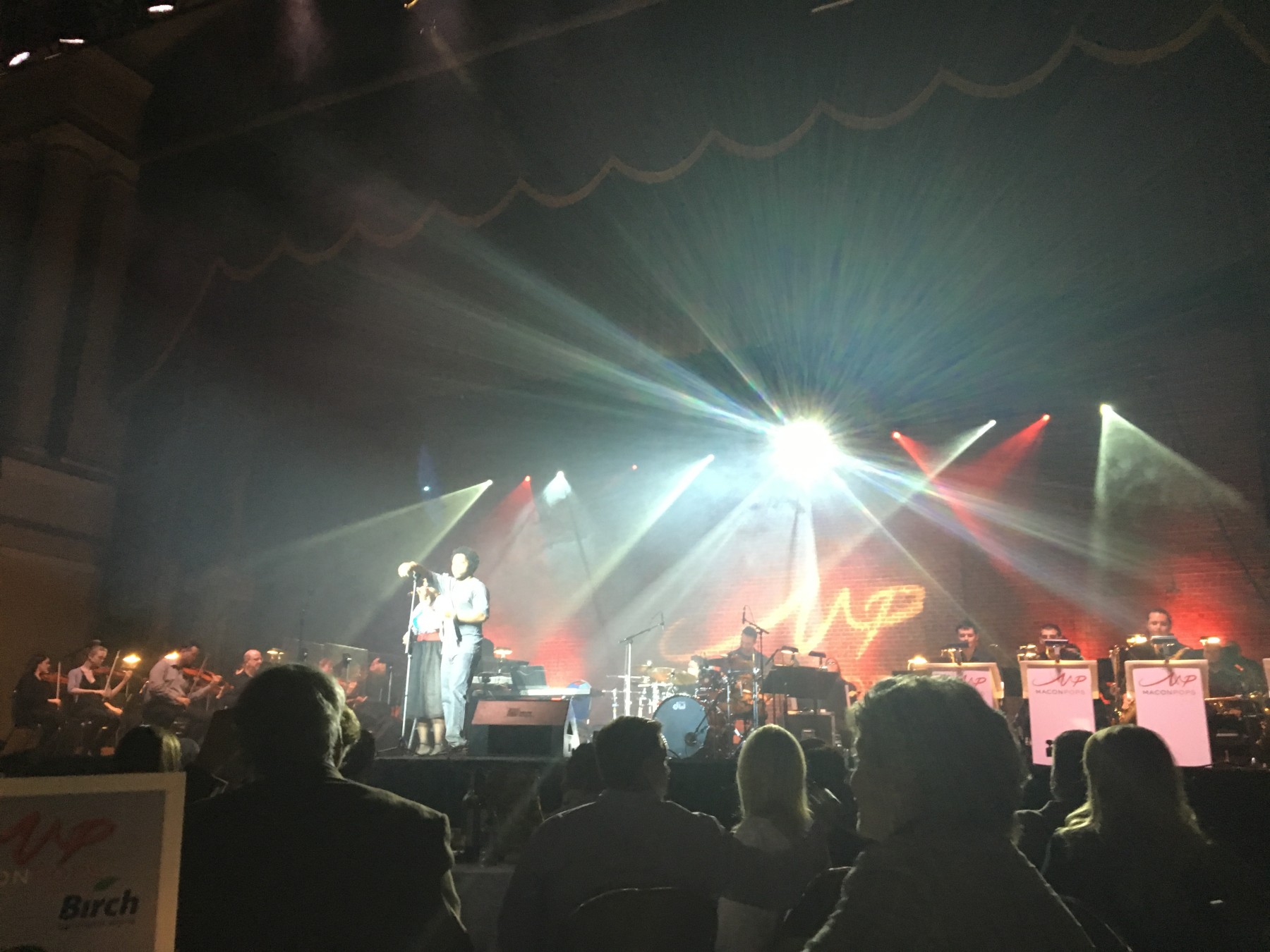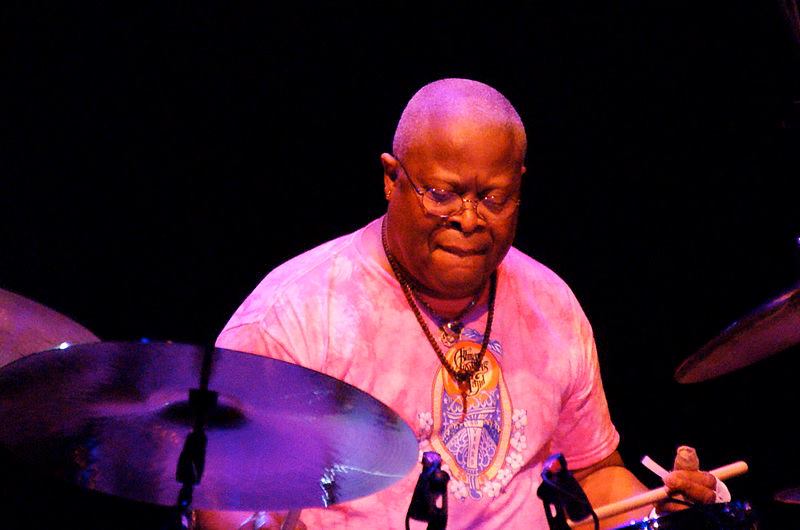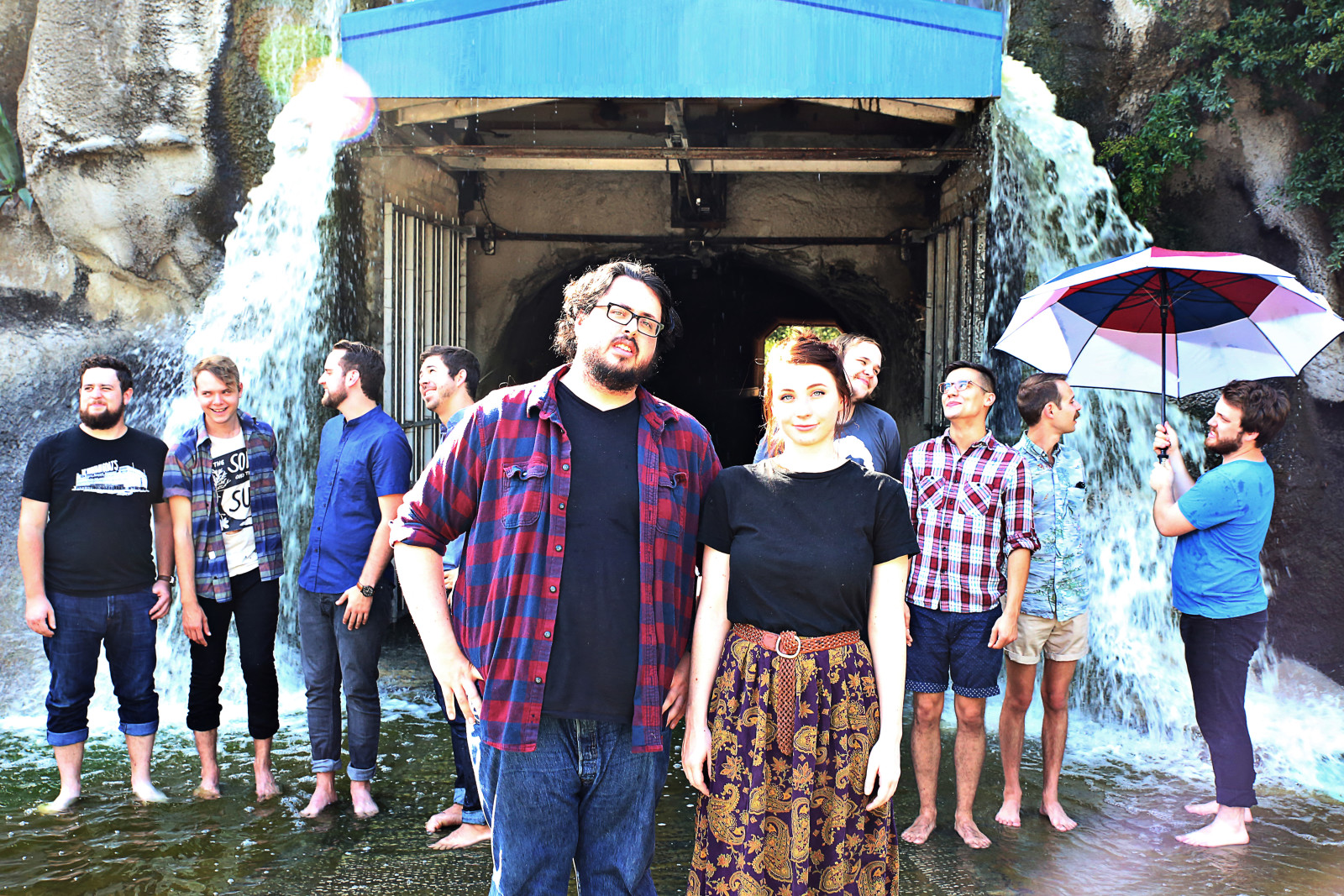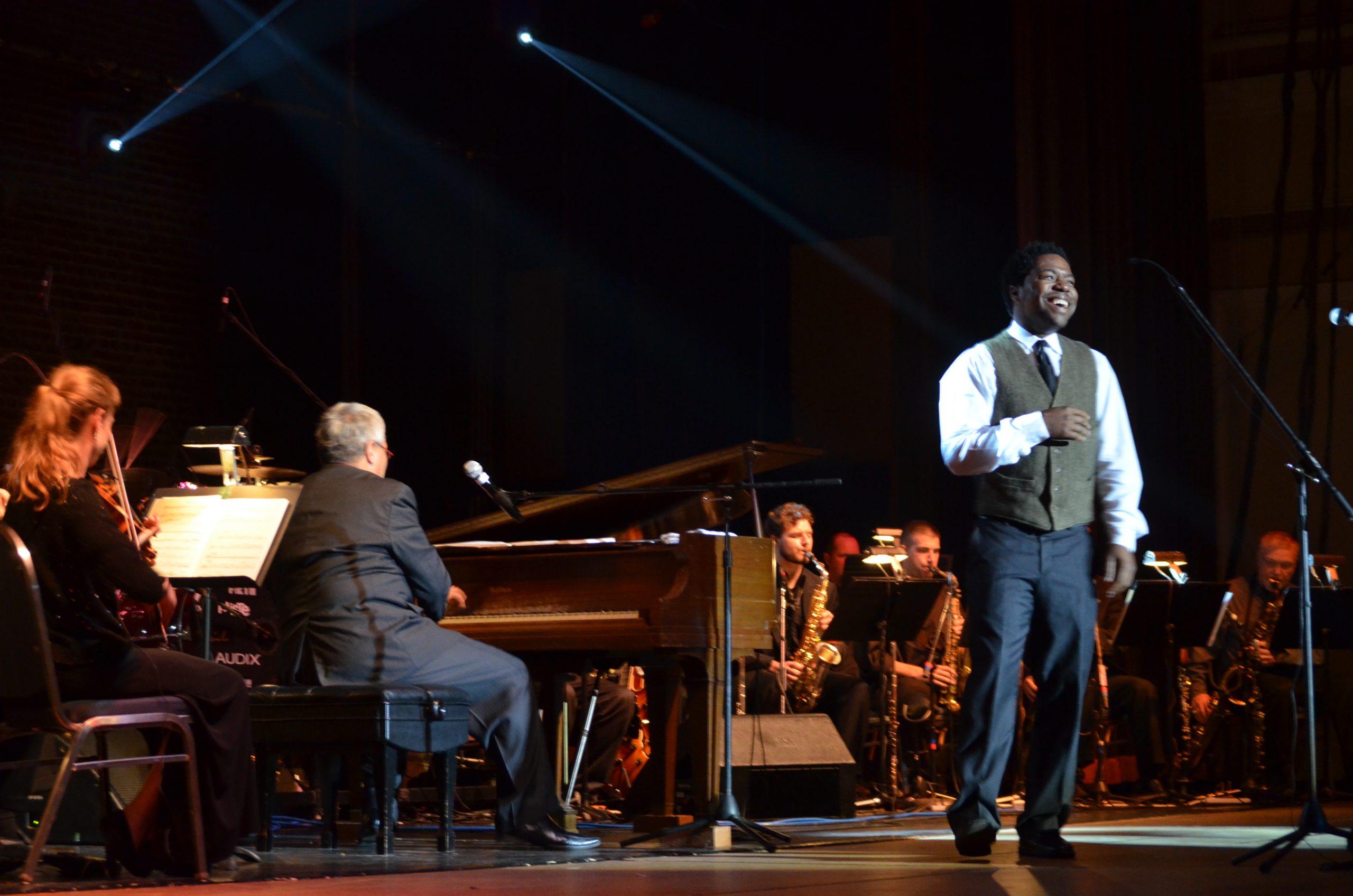Getting ‘Heavy’ with Wesley Cook
The stages have been set for Bragg Jam in Macon on Saturday, July 26. Among the 55 artist scheduled to perform is a graduate of the University of Georgia who has roots, through a variety of friends, in Macon.  Wesley Cook says he’s known all his life that music was going to be his end-all, as his first performances were guitar solos at the age 5 in front of his stuffed animals. He’s come a long way since then, sharing the stage with artist like Drivin’ n’ Cryin’, Edwin McCain, and Angie Aparo just to name a few. Wesley was the featured performer for the Bragg Jam Moonlight Miles 5k and is set to headline on the Bragg Swim School stage at this year’s Bragg Jam. Riding on the wave of his recently release 3rd album ‘Heavy’, he took a few minutes to share a conversation with us to talk about how he found inspiration through a personal tragedy to write some of the songs on his latest release, as well as a variety of things that make his experience as an artist special.
Wesley Cook says he’s known all his life that music was going to be his end-all, as his first performances were guitar solos at the age 5 in front of his stuffed animals. He’s come a long way since then, sharing the stage with artist like Drivin’ n’ Cryin’, Edwin McCain, and Angie Aparo just to name a few. Wesley was the featured performer for the Bragg Jam Moonlight Miles 5k and is set to headline on the Bragg Swim School stage at this year’s Bragg Jam. Riding on the wave of his recently release 3rd album ‘Heavy’, he took a few minutes to share a conversation with us to talk about how he found inspiration through a personal tragedy to write some of the songs on his latest release, as well as a variety of things that make his experience as an artist special.
CH) Walk us through your songwriting process. Do you have a recorder or writing pad on ya and when an idea pops into your head you write it down? What about the melody/tune? Does it all come to you at once?
WC) “I typically have melodies come first and then I write lyrics to that, but lately I’ve been getting lyrics first and then apply appropriate music to them later. It really depends. I use my phone to record voice notes that I email to myself for melody lines if I’m not near my guitar and I have a couple of notebooks that I use to write down lyrics. If not, I type them out and email them to myself later on as well. Sometimes they do just fall together at once but that’s a pretty rare thing. Just gotta keep an open mind and gotta jump on it while it’s there!”
CH) I know your brother played a tremendous role in the creation of your latest album, can you share a bit of how he inspired you?. And who were/are your other influences?
WC) Yes, this album is dedicated to my brother who took his own life in 2012. Not all of the songs were written from that experience but a couple of them absolutely were. Overall, it’s about forgiving him and allowing myself to live through it without guilt and accepting that there is still beauty in life. Holding on to that through the darkness is important, otherwise it’s too bleak and you might not ever make it out. That’s why this album speaks to me in that in encompasses the lighthearted message of not taking life too seriously while taking my own medicine by expressing the silver lining through the deepest pain I’ve known. Conceptually, those have been influences but I’ve always stood on the shoulders of many of my bigger musical influences. My top 3 are Paul Simon, Dave Matthews and Leonard Cohen. You can find their fingerprints in the marrow of most songs I’ve written. I tell my own stories and my own way of going about it, but they have had undeniable influence on me. I always give them credit.”
CH) Cassettes and CDs were the method of music delivery for you and I when we were growing up. Now music lovers carry an entire catalog around in their cell phone or iPod. What are your thoughts about the influence of digital technology in the music industry. Do you find it to be a better way for artist to reach/target a potential audience or is it a hindrance?
WC) “This is a common quandary for people in our industry. I think it’s a good thing in that it’s leveled the playing field for all artists to create quality content and have a high volume of exchange of information; however, it’s also created a whole lot of static where the consumer is overwhelmed and burdened by choice.  Many people who have been in the industry for a long time are burned out by the amount of work it takes to get anything “out” and how little return on the investment you can count on by comparison to the past. Granted, it’s very tough to make a living in this business but you’re only held back by living in your complacent reflections of the “good old days”, a bad attitude because you’re expecting too much and you get burned out quickly, and an unwillingness to accept how much control you actually have because of the frighteningly daunting amount of work it takes to make ends meet at all in this day in age. I started my career when labels still had money to invest in artists but that was already on the way out and it’s even more drastically different now. Every generation has a challenge and ups and downs and it’s only by sticking it out, staying humble in what you think you know, and paying attention to the people who come to shows and support you and by generously loving them back that there’s any hope of success. I issued myself a strong case of industry amnesia when the shift became solidified in my head that said “Hey man, this is totally up to you. Nobody is going to help you. They can’t afford to and why should they? You have to make your own noise and be smart and work like a dog until you’re lucky enough to have good people show up. Are you willing to do that?” The answer was, of course, “YES!”. If you’re not getting where you want to be in your career, write better songs and/or work harder. It’s really all up to you in a lot of ways. If you write songs that people connect with and/or work tirelessly and positively to get your message out, I can’t see somebody not eventually being successful. I’m not the most talented guy in the world but I’m always open to improving myself or what I’m doing and, at the very least, I work very hard and stay positive.
Many people who have been in the industry for a long time are burned out by the amount of work it takes to get anything “out” and how little return on the investment you can count on by comparison to the past. Granted, it’s very tough to make a living in this business but you’re only held back by living in your complacent reflections of the “good old days”, a bad attitude because you’re expecting too much and you get burned out quickly, and an unwillingness to accept how much control you actually have because of the frighteningly daunting amount of work it takes to make ends meet at all in this day in age. I started my career when labels still had money to invest in artists but that was already on the way out and it’s even more drastically different now. Every generation has a challenge and ups and downs and it’s only by sticking it out, staying humble in what you think you know, and paying attention to the people who come to shows and support you and by generously loving them back that there’s any hope of success. I issued myself a strong case of industry amnesia when the shift became solidified in my head that said “Hey man, this is totally up to you. Nobody is going to help you. They can’t afford to and why should they? You have to make your own noise and be smart and work like a dog until you’re lucky enough to have good people show up. Are you willing to do that?” The answer was, of course, “YES!”. If you’re not getting where you want to be in your career, write better songs and/or work harder. It’s really all up to you in a lot of ways. If you write songs that people connect with and/or work tirelessly and positively to get your message out, I can’t see somebody not eventually being successful. I’m not the most talented guy in the world but I’m always open to improving myself or what I’m doing and, at the very least, I work very hard and stay positive.
CH) This year marks your first experience as a performer on the Bragg Jam lineup. You were a highlight for the start of the Moonlight Mile 5K run, what was that experience like for you? And do you enjoy performing before large crowds? What makes it special for you?
WC) “It was a lot of fun and I’m very excited to be a part of Bragg Jam this year! I have dear dear friends who live in Macon and I have a lot of fond memories there. Moonlight Miles was a lot of fun especially since the crowd was full of good natured folks getting ready to run a race in quirky attire. I like playing for any size crowd that appreciates what I’m doing. Big crowds are a lot of fun in that I can really step up the showmanship aspect of the show. That’s only possible because my backing band is fantastic. They’re a great group of guys, killer musicians and they make it very easy to feel the music and help me be better as the front man. In smaller crowds, I get to do the same thing but in a more personal way. I like both as I’m both kinds of performers and I get to showcase different parts of my music and personality with each. Either way, I just love playing music and I think/hope it shows.”
CH) Name an artist or artists you would like to do a duet with and a song you would like to cover that was originally done by another artist.
WC) “These are the artists and songs that I would cover with the artists and I already cover them anyway. If I got to do this with any of these artists, I could walk off the stage and die and that would be fine. I lived a good life. Here’s the list: Dave Matthews: “Satellite”, “Proudest Monkey” Paul Simon: “Under African Skies”, “Slip Slidin’ Away”, “Call Me Al” Leonard Cohen: “The Traitor”, “Hallelujah””
CH) When did you decide this was going to be your career? Was it in high school shop class? In the back of a van with friends in Athens, GA? What is the ultimate goal for you? (To continue writing and performing? Write and produce others? Movie scores/soundtracks? Where do you see your career taking you?)
WC) “I’ve known my whole life that music was my end-all. I did guitar solos in front of my stuffed animals when I was 5. A big moment for me was playing in and winning my first talent show which was in high school and I was hugely dedicated to learning how to play and organizing bands; but my biggest moment was right after I graduated from UGA.  You see, the whole time I was in college I actually had nothing to do with music. Not because of anything intentional, I was raised in different countries my whole life where I don’t blend in at all and going to the University of Georgia was my first time in the United States. When I got in the college environment, my task was to adapt to my new culture: choose from this list of majors and you should do that for a living some day. I just plain forgot about it. I went to school for linguistics and graduated with visions of military/government life as I was in really good shape (wrestled and did mixed martial arts), spoke several languages and was a college graduate. I had just graduated and worked security for Lakewood Amphitheater security for the Dave Matthews Band concert. I had never forgotten about my love for music or the arts so when I worked it and was 10 feet from Dave (my hero) with a sold out crowd in front of him, it all came rushing back. THAT SAME NIGHT I went back to Athens to do my first open mic and I’ve been doing it ever since. I realized that the tough guy lessons I learned in college weren’t to go be a soldier but those experiences were designed to teach me courage, guts, teamwork and perseverance. These are vital tools in any life you choose but it comes in very handy with a tough business like music. I’m already living the life that I want but I want to build my company to be as successful as possible. I’m happy and grateful for everything and everyone in my life but I am not complacent. My life’s ambition is to win a Grammy some day. I’m a full-time Artist now in terms of performing/songwriting and I’m working on film scoring and just got my first credit for producing an Artist’s new album. It’s all music to me and any time I’m invited to work in music in some capacity, it’s an opportunity to learn new things, tighten up what I do and you never know what might take off to help get me and my music to another level of recognition. My job is not to know when/how things will happen, but to work hard for the people I work with and to do the best I can with opportunities that I create and the ones that present themselves to me. Would I like to play in stadiums some day? Sure! Will I die if I don’t? No. But that doesn’t mean I don’t work every day toward that prospect and prepare myself as though I’m going to. I also cannot talk about my future or my life in music without being humbly grateful to the people in my life who are on my team. That goes from my band mates, to the people working with me in my small but optimistic company, to the people who come to shows and share their lives with me and allow my music to be a part of theirs. It’s not possible without a whole lot of moving parts (big or small) that keep this thing moving. It’s an amazing thing and I’m stumped with gratitude every day by reflecting on everything that is going right and staying positive about the future through real-world work ethic.”
You see, the whole time I was in college I actually had nothing to do with music. Not because of anything intentional, I was raised in different countries my whole life where I don’t blend in at all and going to the University of Georgia was my first time in the United States. When I got in the college environment, my task was to adapt to my new culture: choose from this list of majors and you should do that for a living some day. I just plain forgot about it. I went to school for linguistics and graduated with visions of military/government life as I was in really good shape (wrestled and did mixed martial arts), spoke several languages and was a college graduate. I had just graduated and worked security for Lakewood Amphitheater security for the Dave Matthews Band concert. I had never forgotten about my love for music or the arts so when I worked it and was 10 feet from Dave (my hero) with a sold out crowd in front of him, it all came rushing back. THAT SAME NIGHT I went back to Athens to do my first open mic and I’ve been doing it ever since. I realized that the tough guy lessons I learned in college weren’t to go be a soldier but those experiences were designed to teach me courage, guts, teamwork and perseverance. These are vital tools in any life you choose but it comes in very handy with a tough business like music. I’m already living the life that I want but I want to build my company to be as successful as possible. I’m happy and grateful for everything and everyone in my life but I am not complacent. My life’s ambition is to win a Grammy some day. I’m a full-time Artist now in terms of performing/songwriting and I’m working on film scoring and just got my first credit for producing an Artist’s new album. It’s all music to me and any time I’m invited to work in music in some capacity, it’s an opportunity to learn new things, tighten up what I do and you never know what might take off to help get me and my music to another level of recognition. My job is not to know when/how things will happen, but to work hard for the people I work with and to do the best I can with opportunities that I create and the ones that present themselves to me. Would I like to play in stadiums some day? Sure! Will I die if I don’t? No. But that doesn’t mean I don’t work every day toward that prospect and prepare myself as though I’m going to. I also cannot talk about my future or my life in music without being humbly grateful to the people in my life who are on my team. That goes from my band mates, to the people working with me in my small but optimistic company, to the people who come to shows and share their lives with me and allow my music to be a part of theirs. It’s not possible without a whole lot of moving parts (big or small) that keep this thing moving. It’s an amazing thing and I’m stumped with gratitude every day by reflecting on everything that is going right and staying positive about the future through real-world work ethic.”
CH) How many days do you spend on the road? How does life on the road affect your personal life and how do you handle it?
WC) “No tellin’ on how many days I’m on the road, that varies quite a bit. It doesn’t really effect my personal life that much because the people in my life are conditioned for it and they’re happy that I am on the road because they know I’m happy doing it. I’m the same way with other folks in that whatever makes them happy, makes me happy. It can be exhausting and lonely sometimes but my focus in on the positive. I get up every morning for myself but also for all of the people who have ever believed in me. Not in a dutiful, pressured sort of way but rather in an energetic, thankful way. It makes me happy and when the working times are over, I spend time with those folks. I get to kill two birds with one stone a lot of the time so it works out anyway. [soundcloud url=”https://api.soundcloud.com/tracks/104139366″ params=”auto_play=false&hide_related=false&show_comments=true&show_user=true&show_reposts=false&visual=true” width=”100%” height=”450″ iframe=”true” /]
CH) Finally, what advice or tips do you have for the budding artist or someone considering making music performance a career?
WC) “Assume right away that it will take you at least 7-10 (or longer) years to make much of a career. It’s not a sprint, it is a marathon. Check your ego and expectations at the door and leave them there to rot. Always be open to improvement. The moment you think there’s nothing else you can do to improve, your career is already over. Relish in whatever success you’re able to create and enjoy your moment in the sun, but don’t let it get you complacent. Something you’ve worked toward for a long time can go away in a flash. Nobody owes you anything. If they show up because they love you and your work, you let them know as often as you can how thankful you are for them being there. You’re going to get kicked and you’re going to fail. A lot. But in every failure, there’s a seed of equal value in terms of a lesson that you can take with you to make the next move better and stronger. Never forget that. Never feel jealous or negative toward another artist. If you’re threatened by them, work harder and write better songs. You’re not in control of everything that happens to you, but you are 100% in control of your attitude and what you do after it happens.”
Get all of Wesley’s music and find out more about what makes him unique by liking his Facebook page and SoundCloud, plus you can keep up to date with him on Twitter and be sure to catch him live this Saturday night at 9:45 on the Brag Swim School Stage at Bragg Jam.
